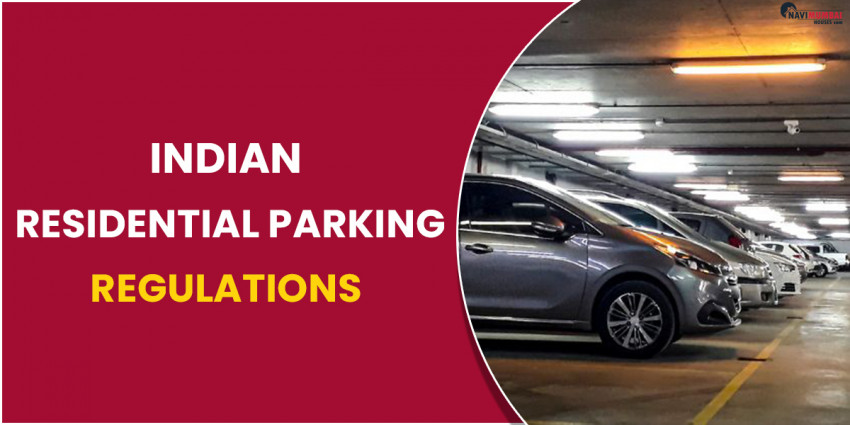
The issue of parking has gotten worse as more and more individuals own cars. Living in a housing society with restricted space and having to go by regulations makes the issue worse. You've come to the right site if you don't know India's regulations regarding parking in residential neighborhoods. The parking-related dos and don'ts are covered in this handbook. It also emphasizes the parking regulations that all members of the housing society must be aware of.
Parking Regulations and Problems in Housing Societies
A list of typical parking problems in a housing association is provided below. We have listed the parking regulations in India's residential regions with each issue. You can solve the issues if you are familiar with the parking regulations in a housing society.
Unlicensed Parking
Parking rights are available to apartment residents who possess a vehicle, whether it is a 2-wheeler or a 4-wheeler. Each resident is given a parking space or a stilt, depending on the size of their BHK (one or two). Although this is one of the standard parking regulations in Indian residential neighborhoods, issues might emerge when people park more vehicles than are permitted.
Both father and son can’t park their car in allotted parking space, without the permission of the Managing Committees (MCs). Here’s where things go wrong for the family. It makes no difference if the parking place can fit two automobiles. The family must ask the Managing Committees for their blessing (MCs). They will be required to pay a fee for an extra parking spot or pay a fine for breaking a housing society's parking regulations.
No Structure or Markings
This is a widespread issue in communities where parking places are available. When open parking spaces are not numbered or marked, confusion results. They surely create trouble by parking their cars in other people's spaces.
The parking spaces for automobiles must be labeled or numbered in accordance with the housing society's car parking regulations (4-wheelers, 2-wheelers, bicycles). You can ask the Managing Committee for them or protest if your society lacks them (MC).
Visitors' Parking
Security officers or the MC may direct visitors or delivery people to park their vehicles on the street or outside the building in various societies around India. Theft, vandalism, and other issues result from this. These are undesired measures that were put in place despite the fact that society has enough of room.
However, according to Indian parking regulations, apartment and building complexes must reserve at least 5% of their parking spaces for visitors. If your housing society doesn't follow these guidelines, you can file a complaint.
Renter's Parking
Renters are not permitted to park within the building when there are more permanent inhabitants in a society than renters.
However, if the landlord qualifies for a parking place, the tenant does too, according to the parking regulations in Indian residential zones. The landlord is in charge of making sure the tenant has a parking place.
Unequal Parking Spot Distribution
Residents that have numerous vehicles park in more than one spot. Those who only have one car may have parking issues even when they are paying for the extra space.
According to general parking regulations in India's residential neighborhoods, MCs must offer parking on a first-come, first-served basis. Members may request more sports if available parking spaces in the society are not already used. But this shouldn't come at the expense of denying other eligible members even a single parking space.
Source from: navimumbaihouses





